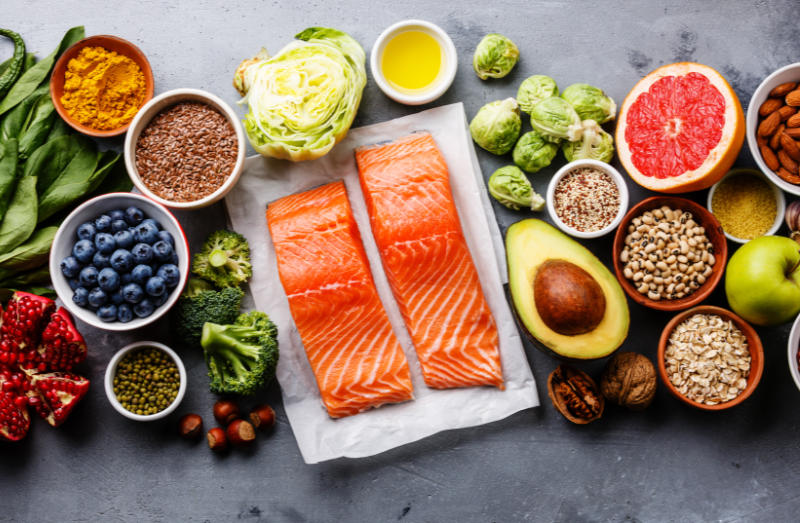You’d have to be living under a rock (or doing a digital detox) to avoid the hype around Veganuary: a yearly challenge that asks people to give up all animal-based products for 31 days, following the unbridled meat-fest of Christmas.
The charity says that record numbers started the New Year by signing up to the pledge this year, with over 250,000 people committing to going meat-free for January.
If you’ve thought about joining the movement, but can’t imagine going cold turkey on eggs and, more importantly, cheese, then there may be a way you can still do your bit for the planet while having the odd slice of stilton here and there.
Dubbed flexi-veganism, there’s a rise in people adopting a hybrid diet that promises to gently ease you into eating less meat, particularly if you’re struggling to commit to going plant-based full-time.
It’s basically the vegan version of flexitarian. Anyone following the diet eats mainly vegan, but allows themselves the odd bit of dairy, meat or fish whenever they feel like it.
According to Waitrose, a third of UK consumers say they have deliberately reduced the amount of meat they eat or removed it from their diet entirely. The rise of the diet is thought to be a result of people taking a more sustainable approach to what they eat, as the environmental impact of consuming meat becomes better understood.
The great thing about flexi-veganism is that it isn’t strict and it’s totally up to you. For some people, the diet means taking a casual approach to veganism, where they avoid animal products most of the time but don’t berate themselves if they indulge in the odd slice of buttery birthday cake, takeaway cheese pizza or hangover Nando’s.
For others, there’s a bit of a more strict structure in place. For example, some people approach the diet by adopting a 5:2 schedule, where you eat vegan during the week and then allow yourself meat, fish and dairy over the weekend.
One benefit of flex-veganism is that eating vegan is usually a bit cheaper, so you can spend a bit more on organic and good quality lean meats when you do incorporate chicken, beef or pork into your dishes.
A flexi-vegan diet usually includes at least five portions of fruits and veg every day, plant-based protein, like tofu, chickpeas and lentils in meat-free days and the occasional serving of unprocessed meat and other animal products, like eggs or milk.
One of the biggest benefits of the diet us that it’s way easier than going full vegan. If you’re the type of person that knows you can’t take meat and dairy off the table completely, it’s an achievable way to actually commit to better environmentally-friendly habits.
A recent study published in the journal Science claimed that avoiding meat and dairy products is the single biggest way to reduce your environmental impact on the planet. The analysis, which looked at 40,000 farms in 119 countries, found that if we no longer consumed meat and dairy, global farmland use could be reduced by more than 75%.
A separate study published in the journal Nature concluded that in 2050, eating just one portion of red meat a week could reduce greenhouse gas emissions related to food by more than half.
“A vegan diet is probably the single biggest way to reduce your impact on planet Earth, not just greenhouse gases, but global acidification, eutrophication, land use and water use,” said Joseph Poore, at the University of Oxford who led the research, told The Guardian. “It is far bigger than cutting down on your flights or buying an electric car,” he said.
That being said, last year the Independent reported that prices of vegan staples like quinoa and avocado have been pushed up so much by demand in the West that they’ve become unaffordable to those who depend on them in some of their countries of origin, such as Kenya.






































































